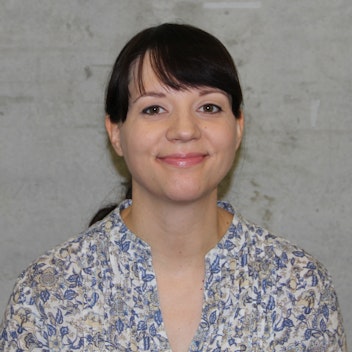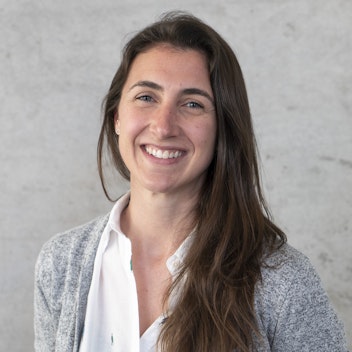
Sordo o son desto?
 Chiara Vettori
Chiara Vettori
In physics, the “observer effect” is seen as a problem. In social sciences, however, the observer is simply another person in the room. This post discusses how no social phenomena occur in isolation.
What’s most interesting about ethnographic research in schools—at least for me—is that people know you are researching them. We all know about the observer’s paradox: the idea that since an observable phenomenon changes in some way due to the presence of an observer, we can never really know how that phenomenon would actually occur “in isolation”. Well, with social phenomena, and especially in schools, there is no such thing as “isolation”. Think about it: Students may behave differently in class in the presence of a researcher, but even in the absence of the researcher they are still behaving a certain way in the presence of their many teachers and their many peers. And, even when alone, our behavior is influenced by the space we inhabit, by the possibility that someone might walk in, etc.
There is always an observer or a potential observer. As ethnographers, the goal is not to find out how people really talk/interact but to try and understand a thin layer of their reality. The goal of the ethnographer is not to blend in or disguise ourselves as something else, but to embrace that we are part of the fabric of the research that we are doing. This is easier said than done, of course. It also makes for plenty of awkward interactions. Today, for example, a student turned to me in the middle of class and said “Hi, observer! How are you today?” (Last week, he came over to my computer and asked what I was writing down, who I was going to tell about this, and why I was interested – all questions I was more than happy to answer! But not while the teacher was glaring at us.)
The students at the schools where I have done projects are never really sure what to call me, and neither are the teachers. No matter how I introduce myself or how many times, nobody is ever really sure if I’m there as a teacher in training, as a university student working on a thesis, as a teacher trainer, or what. In the end, I think everyone ends up situating me as some kind of weird journalist interloper who is going to write a book about them, which ends up becoming a running joke: “Whose artwork will be on the cover?” “Oh, watch out! That’ll be the title of the book!” Or, they’ll imagine chapter titles modeled off of F.R.I.E.N.D.S episodes: “The One where John Fell out of his Chair,” “The One where Mary Burped in Class,” “The One where the LIM Wouldn’t Work,” “The One where Bob Actually Did his Homework.”
I don’t really mind whether they totally “get” what I’m doing there, as long as they know I’m not evaluating them. Whatever changes my work will contribute to in the short-term are bound to be small and slow-moving, subject to the same policy lag and skepticism that all school-related innovations fall victim to. But if my presence in a few classrooms can plant a tiny seed in the minds of the students and teachers that language is worth thinking about, that’s enough for now.

This content is licensed under a Creative Commons Attribution 4.0 International license.